Published by Roslyn Green in January 2023
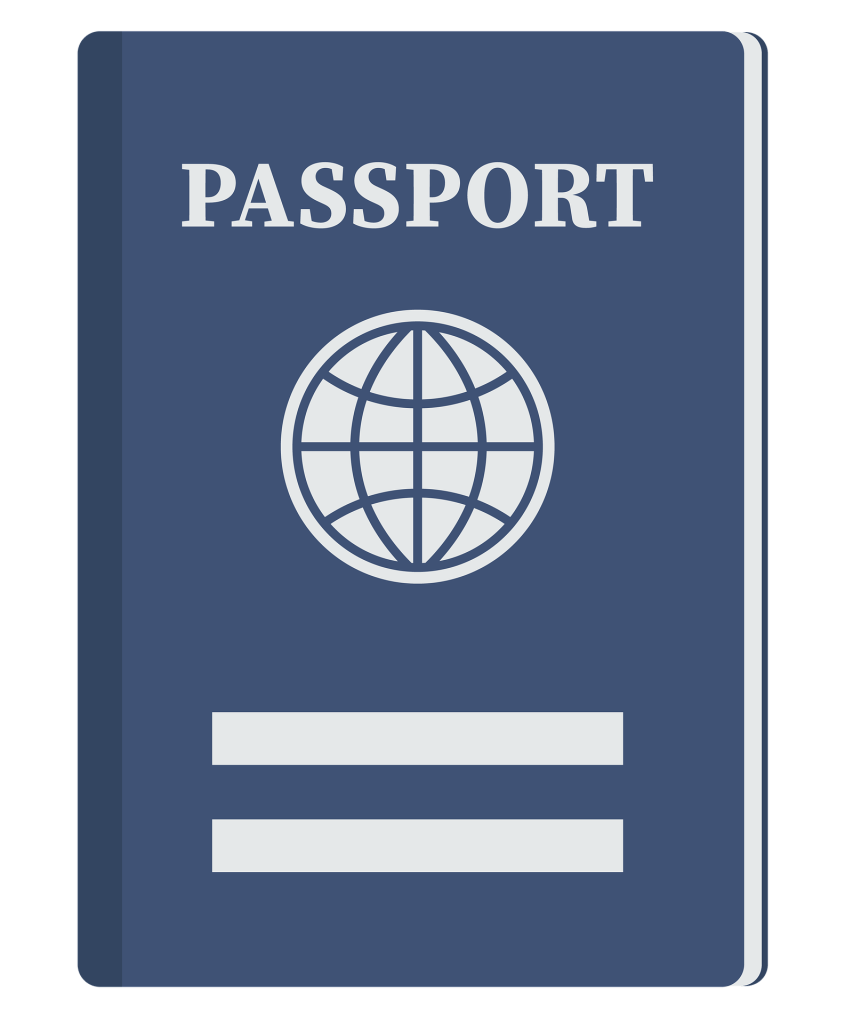
Über mich 🖤❤️💛 ⇢ About me 🧒🏽
This unit guides learners towards introducing themselves and describing their origins in German. It covers regular verb conjugation in a simple way and provides practice with verbs such as wohnen (to live) and kommen (to come). There are also exercises related to the irregular verb haben (to have).
In addition to a downloadable booklet (embedded below), there are speaking flashcards, quizzes and a simple audio recording.
For a more challenging version of this unit, intended for fast learners, an alternative booklet as well as additional but related activities are available on this page.
Bildlexikon – Picture Dictionary: haben and sein
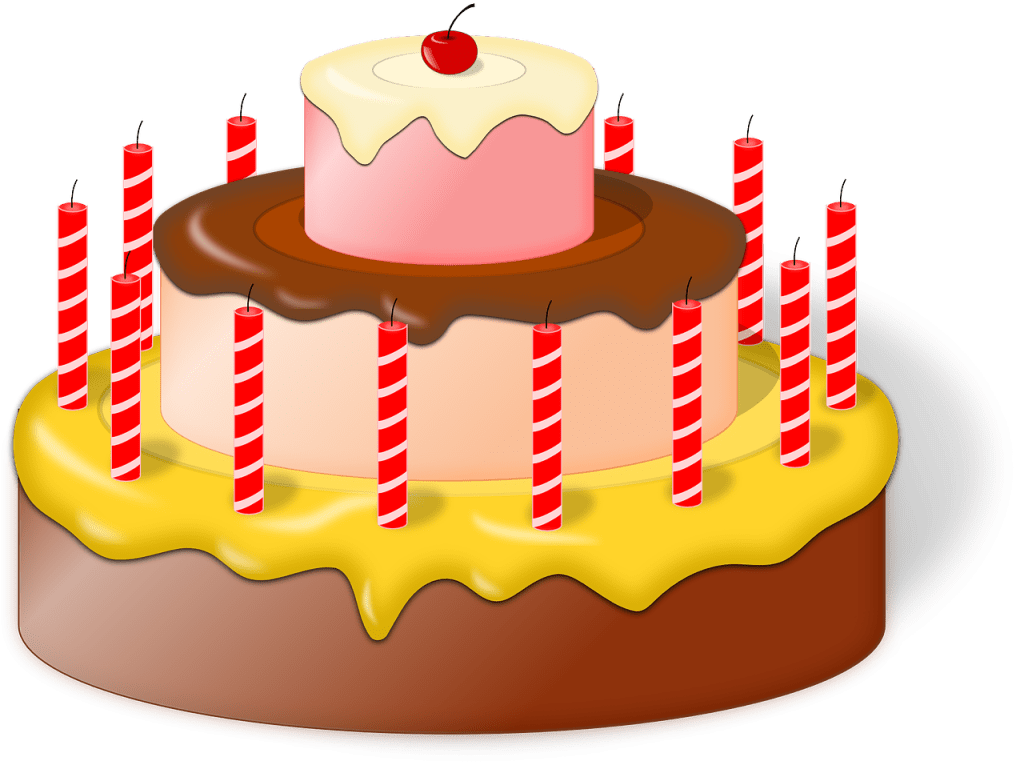
haben – to have: Ich habe heute Geburtstag. → Today is my birthday.
sein – to be: Ich bin zwölf Jahre alt. → I am 12 years old.
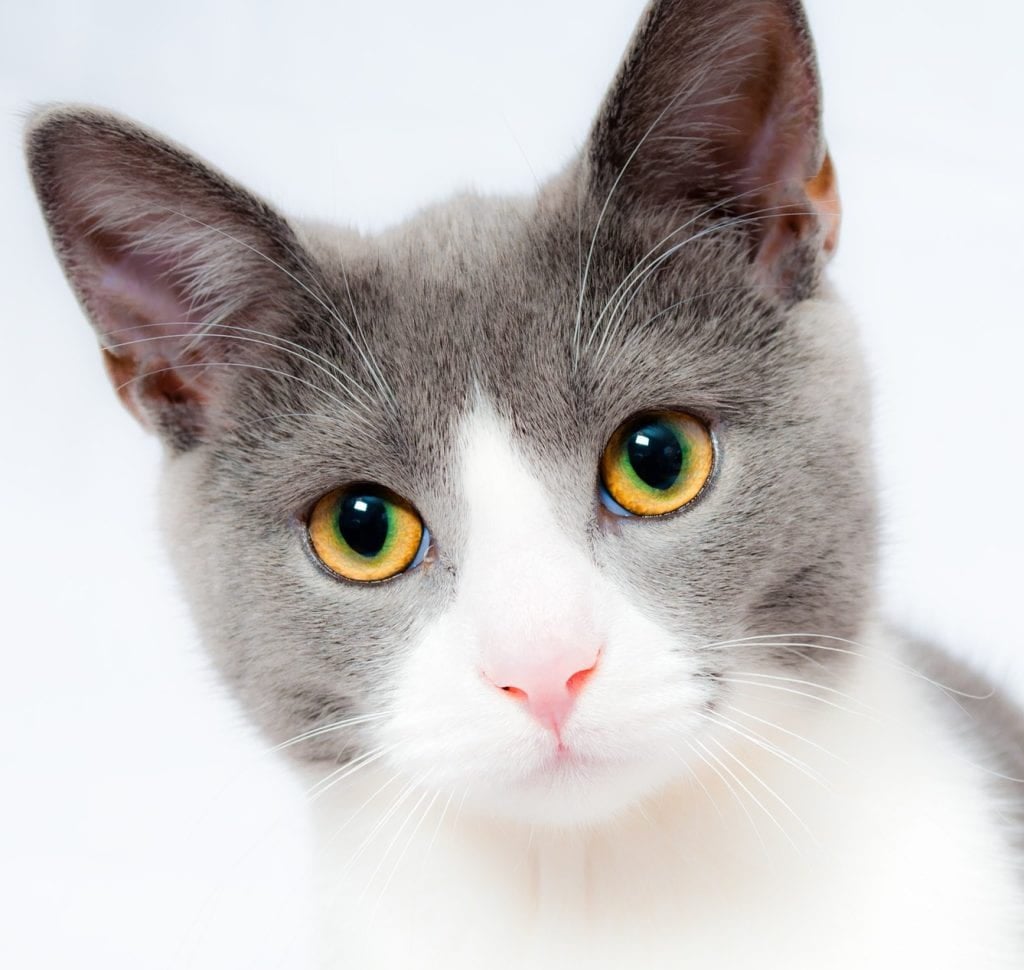
haben – to have: Wir haben eine Katze. → We have a cat.
sein – to be: Sie ist süß. → She is sweet.

haben – to have: Wir haben beide Laptops. → We both have laptops.
sein – to be: Wir sind Freunde. → We are friends.

haben – to have: Mein Bruder hat ein neues Handy. → My brother has a new mobile phone.
sein – to be: Es ist fantastisch. → It is fantastic.
Useful Links 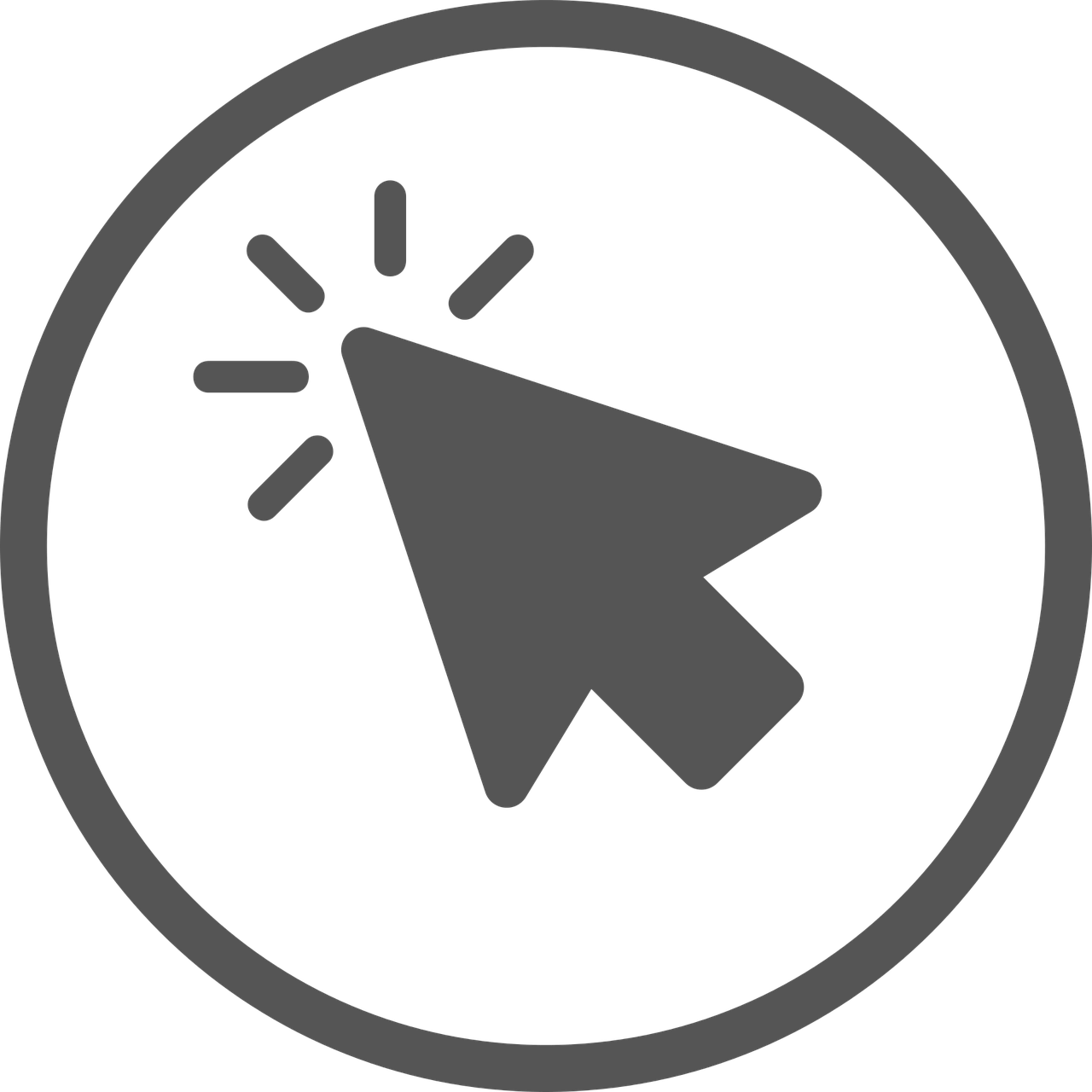
- Duolingo app : Apple | Android | Online with Laptop
- Online Dictionary: Leo German ⇔ English dictionary
- First Unit: Einheit 1: Ich lerne Deutsch
- Unit 2 booklet in downloadable form
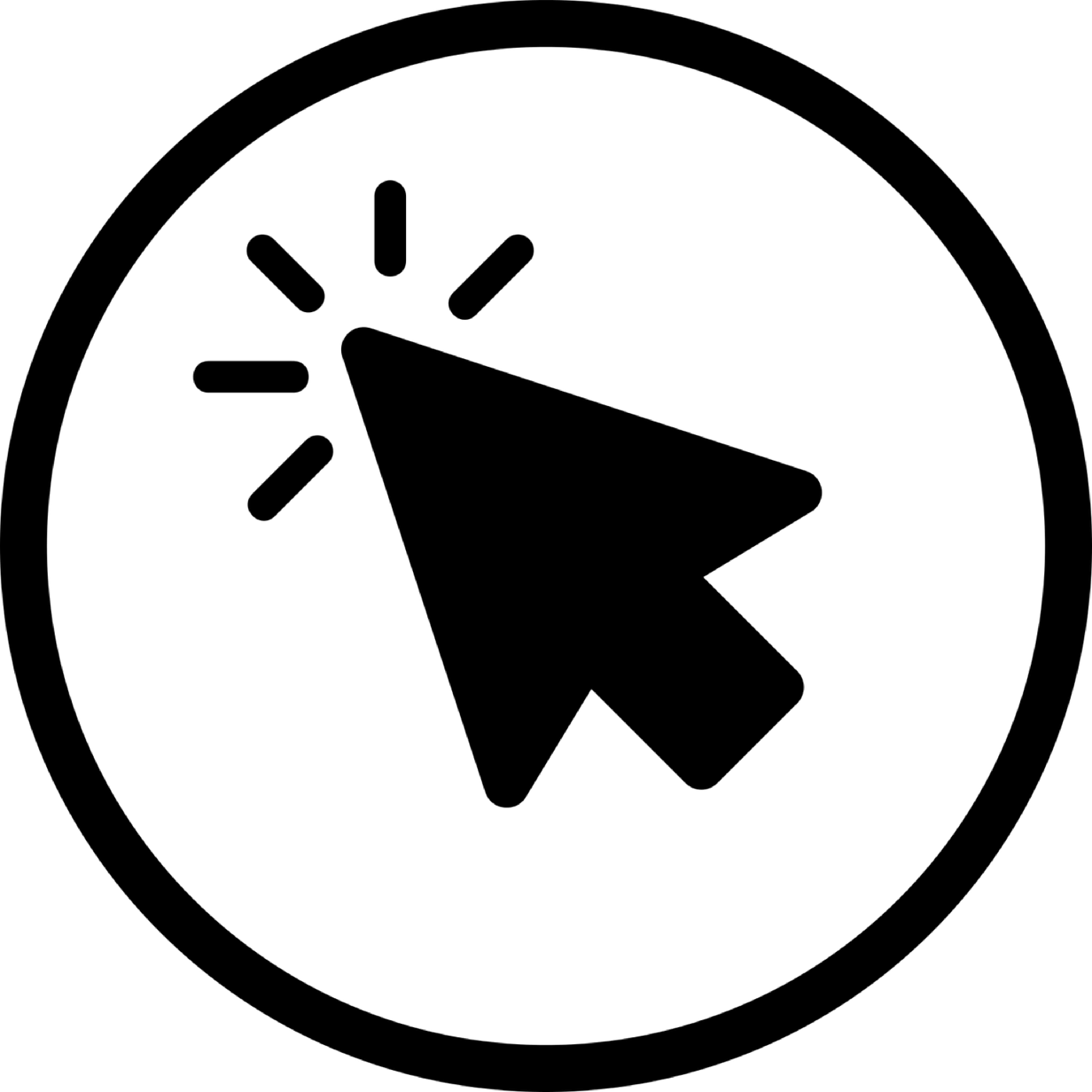 embedded below ↓
embedded below ↓
Online Activities 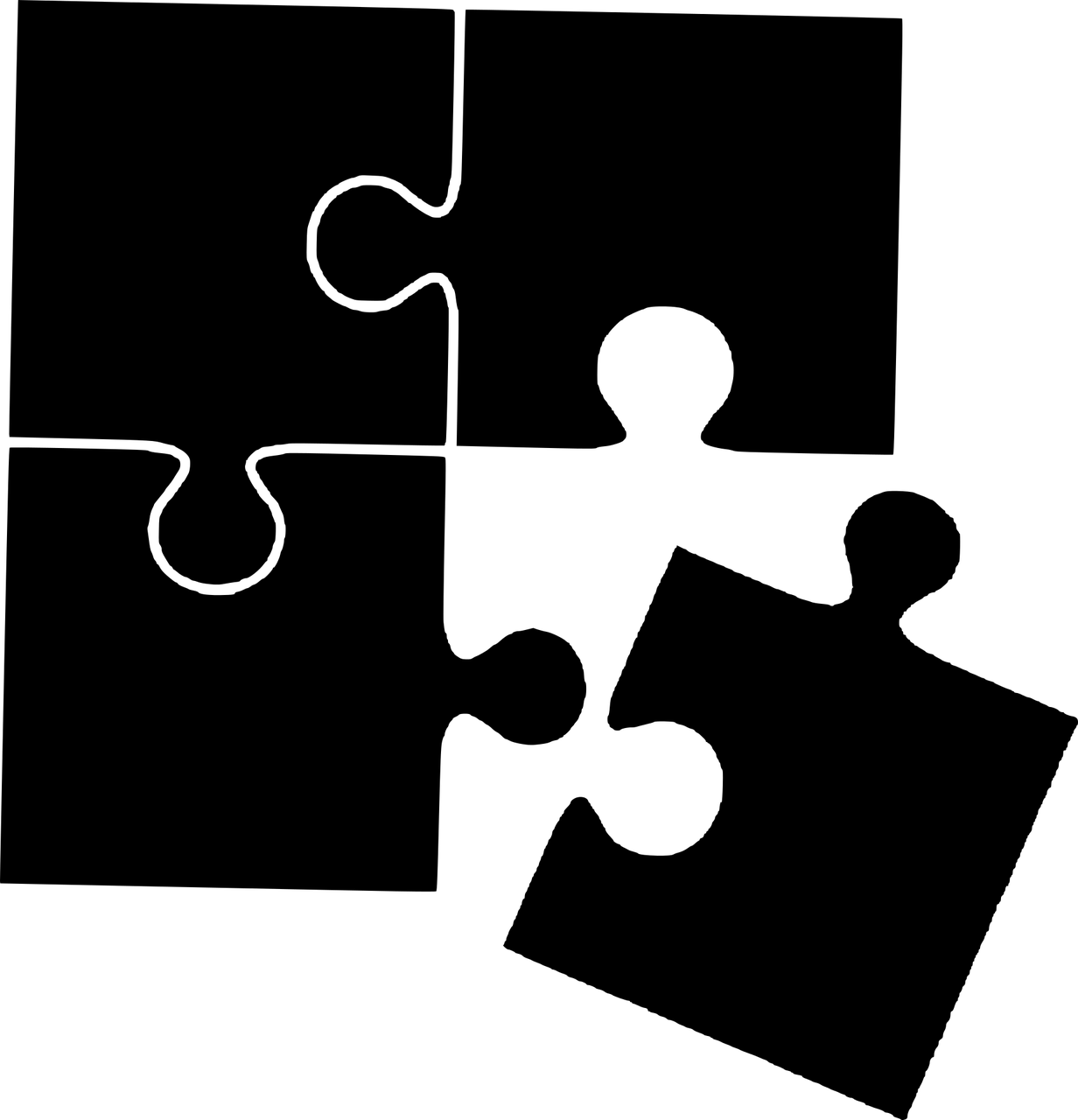
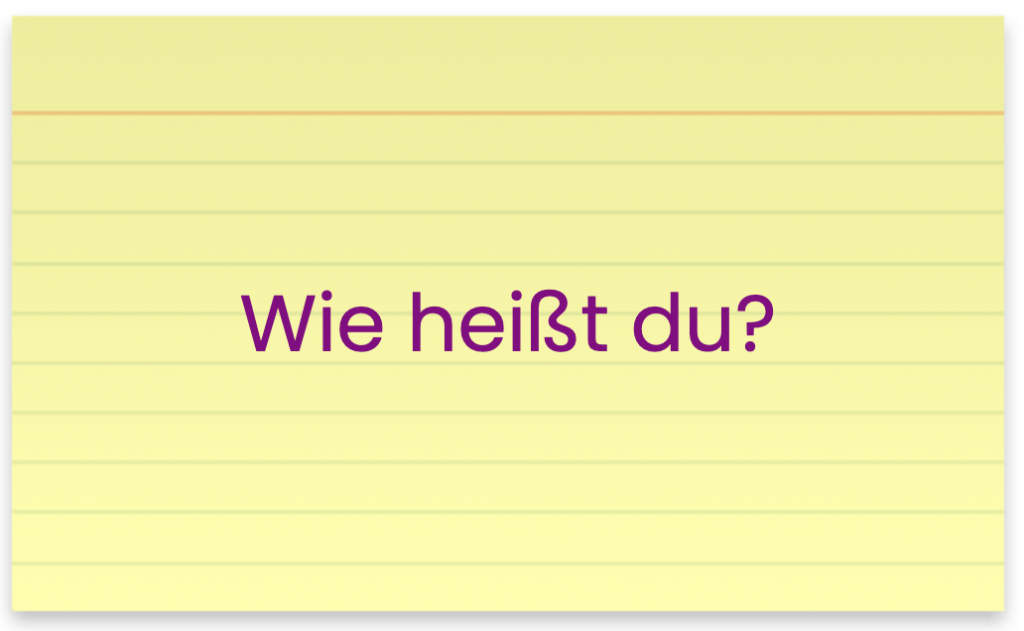
These are question and answer flashcards. The first side has a greeting or question and the second side has an appropriate answer. The flashcards will “speak” if you click on the tiny microphone above the cards. A printout of this conversation is also provided below.
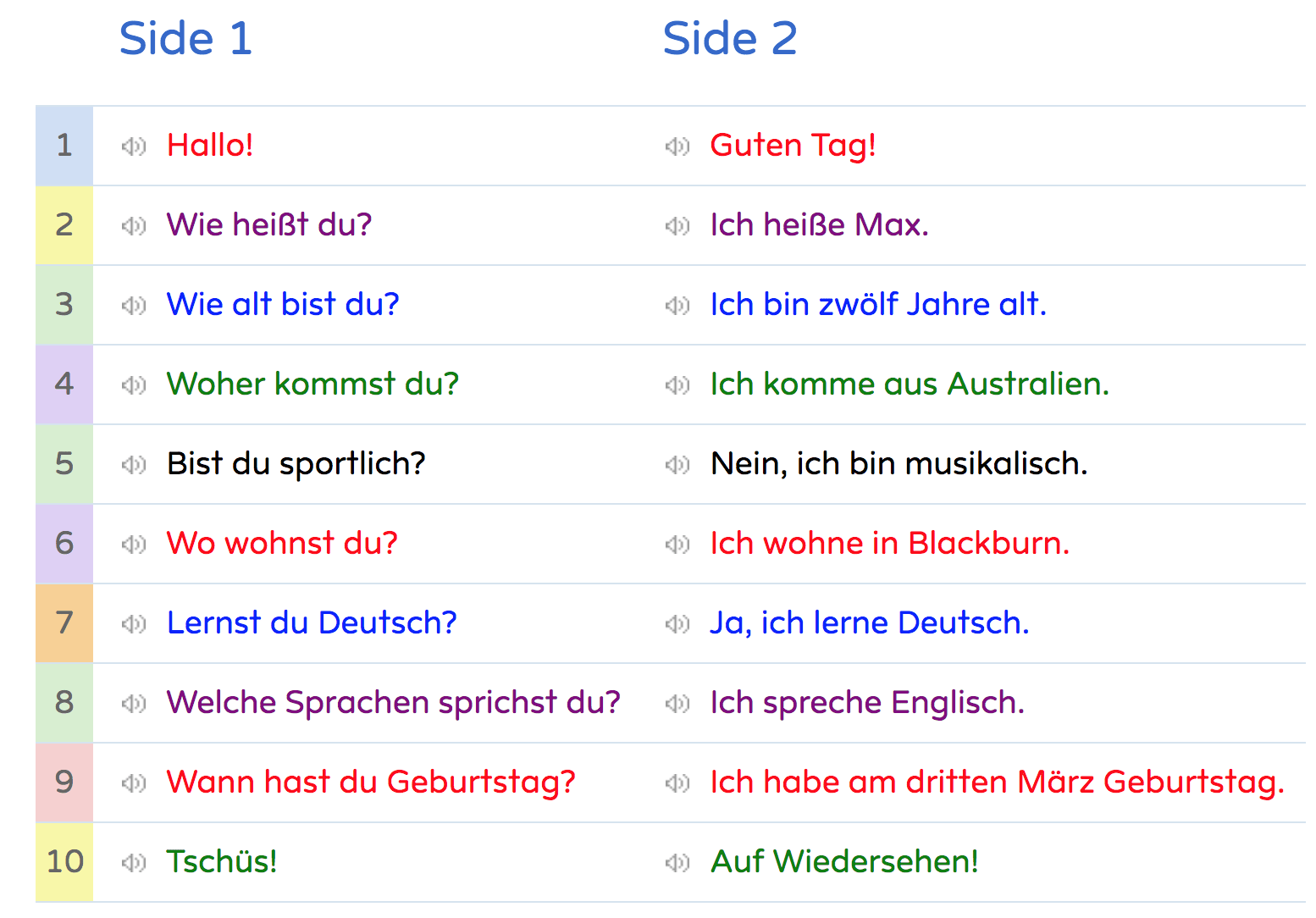
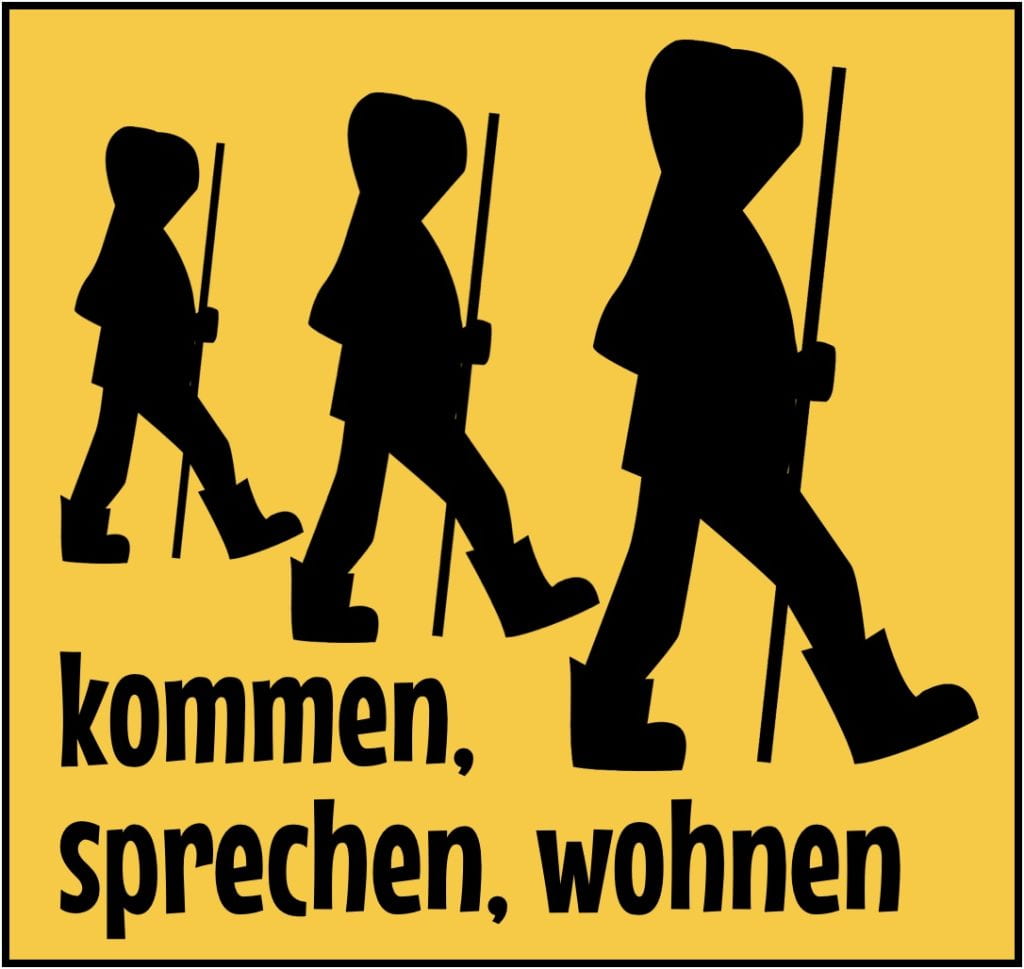
A Fill the Gap Quiz: Using Three Verbs – kommen, wohnen and sprechen 
Revise your knowledge of these three key verbs.
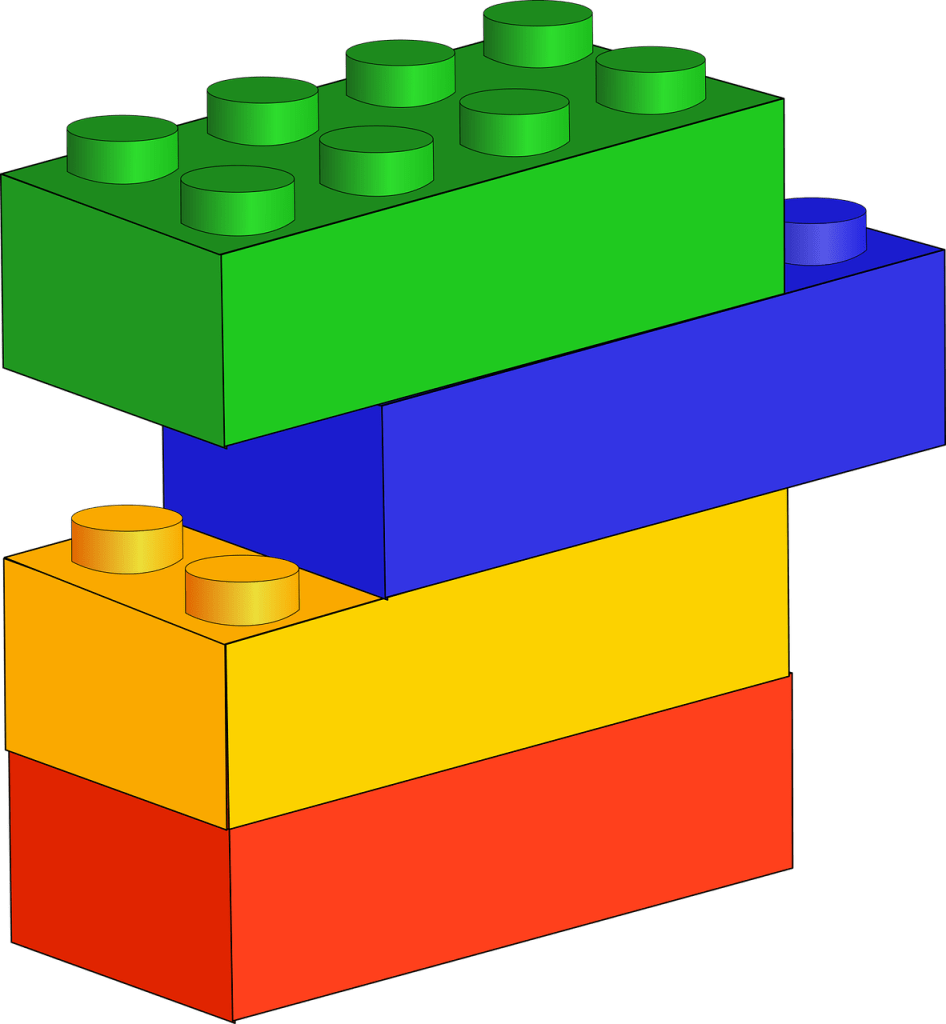
A Jumble Kahoot: Place the words in the right order to answer the questions 
Play with your class or with a small group of friends.
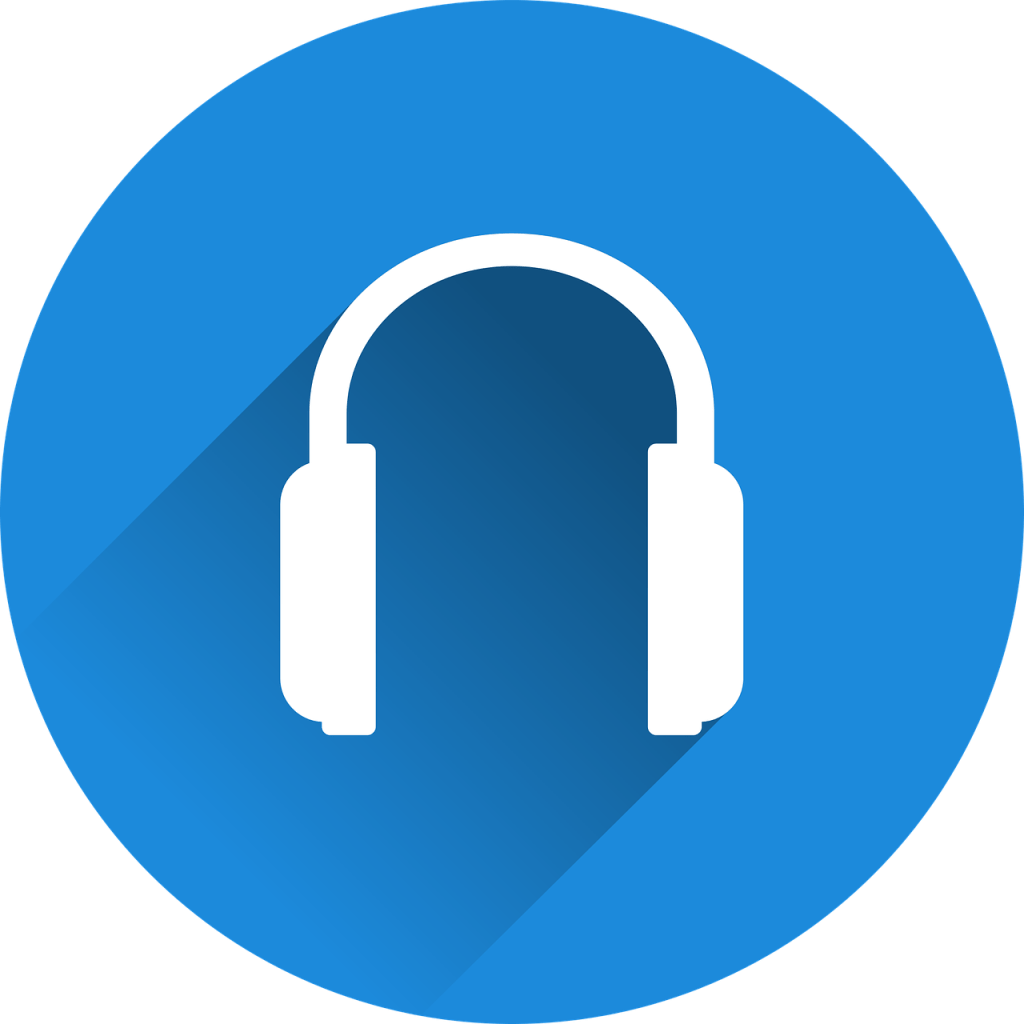
Audio text from page 7 of the unit booklet 
Hallo! Mein Name ist Phoebe.
Read the text while you listen:
Hallo! Mein Name ist Phoebe und ich komme aus Neuseeland. Meine Eltern kommen aus England. Natürlich spreche ich Englisch, genau wie die Kinder in Australien. Meine beste Freundin heißt Sophie. Sie kommt aus China. Woher kommst du?
Ich wohne auf dem Land. Das finde ich super, denn ich liebe Tiere. Ich habe mein eigenes Pferd!
English Translation: Hello! My name is Phoebe and I come from New Zealand. My parents come from England. Of course I speak English, just like the children in Australia. My best friend is called Sophie. She comes from China. Where do you come from?
I live in the country. I think that’s wonderful, because I love animals. I have my own horse!
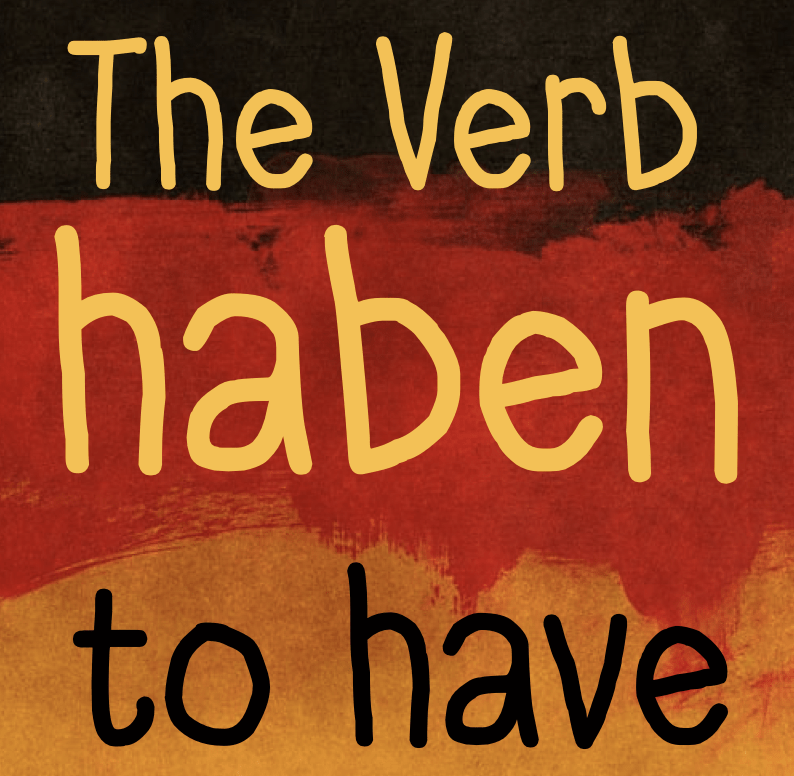
A Fill the Gap Quiz: Conjugating haben – the verb to have 
Learn the conjugation of this crucial verb and practise using it correctly in sentences.
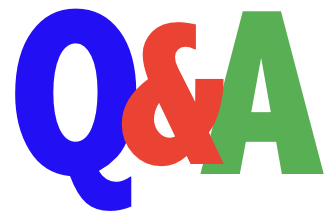
A Fill the Blank Quiz with Simple Questions and Answers 
This quiz is embedded below ↓.
